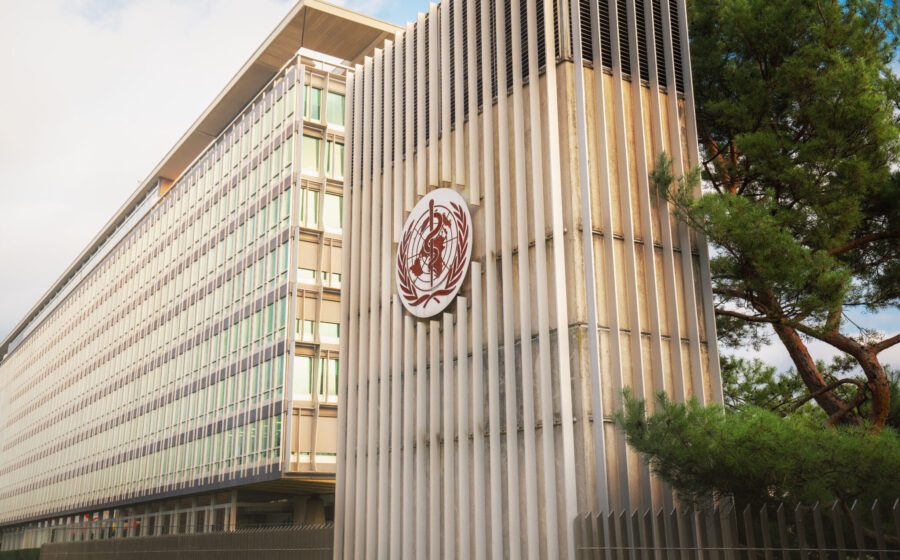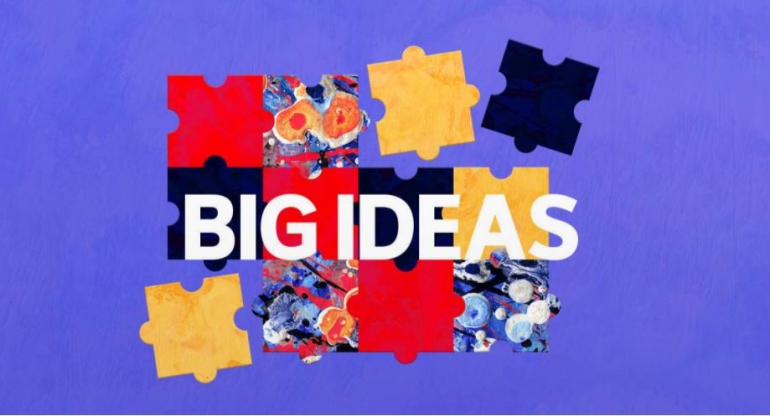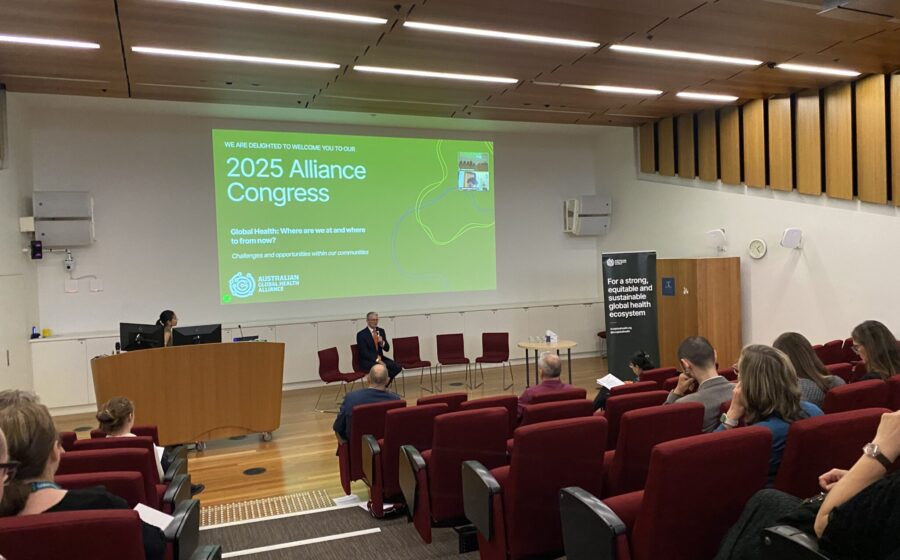News
Page
Published: April 26th, 2021
Geneva/New York, 26 April 2021 – While immunization services have started to recover from disruptions caused by COVID-19, millions of children remain vulnerable to deadly diseases, the World Health Organization (WHO), UNICEF and Gavi, the Vaccine Alliance warned today during World Immunization Week, highlighting the urgent need for a renewed global commitment to improve vaccination access and uptake.
“Vaccines will help us end the COVID-19 pandemic but only if we ensure fair access for all countries, and build strong systems to deliver them,” said Dr Tedros Adhanom Ghebreyesus, WHO’s Director-General. “And if we’re to avoid multiple outbreaks of life-threatening diseases like measles, yellow fever and diphtheria, we must ensure routine vaccination services are protected in every country in the world.”
A WHO survey has found that, despite progress when compared to the situation in 2020, more than one third of respondent countries (37%) still report experiencing disruptions to their routine immunization services.
Mass immunization campaigns are also disrupted. According to new data, 60 of these lifesaving campaigns are currently postponed in 50 countries, putting around 228 million people – mostly children – at risk for diseases such as measles, yellow fever and polio. Over half of the 50 affected countries are in Africa, highlighting protracted inequities in people’s access to critical immunization services.
Campaigns to immunize against measles, which is one of the most contagious diseases and can result in large outbreaks wherever people are unvaccinated, are the most impacted. Measles campaigns account for 23 of the postponed campaigns, affecting an estimated 140 million people. Many have now been delayed for over a year.
“Even before the pandemic, there were worrying signs that we were beginning to lose ground in the fight against preventable child illness, with 20 million children already missing out on critical vaccinations,” said Henrietta Fore, UNICEF Executive Director. “The pandemic has made a bad situation worse, causing millions more children to go unimmunized. Now that vaccines are at the forefront of everyone’s minds, we must sustain this energy to help every child catch up on their measles, polio and other vaccines. We have no time to waste. Lost ground means lost lives.”
As a result of gaps in vaccination coverage, serious measles outbreaks have recently been reported in countries including the Democratic Republic of the Congo, Pakistan and Yemen, while likely to occur elsewhere as growing numbers of children miss out on lifesaving vaccines, the agencies warn. These outbreaks are happening in places already grappling with conflict situations as well as service disruptions due to ongoing response measures to COVID-19.
The supply of vaccines and other equipment is also essential for child vaccinations. Due to disruptions at the onset of the COVID-19 pandemic, UNICEF delivered 2.01 billion vaccine doses in 2020, compared to 2.29 billion in 2019.
“Millions of children across the world are likely to miss out on basic vaccines as the current pandemic threatens to unravel two decades of progress in routine immunization,” said Dr Berkley, CEO of Gavi, the Vaccine Alliance. “To support the recovery from COVID-19 and to fight future pandemics, we will need to ensure routine immunization is prioritized as we also focus on reaching children who do not receive any routine vaccines, or zero-dose children. To do this, we need to work together – across development agencies, governments and civil society – to ensure that no child is left behind.”
To help tackle these challenges and support the recovery from the COVID-19 pandemic, WHO, UNICEF, Gavi and other partners today launched the Immunization Agenda 2030 (IA2030), an ambitious new global strategy to maximize the lifesaving impact of vaccines through stronger immunization systems.
The Agenda focuses on vaccination throughout life, from infancy through to adolescence and older age. If fully implemented, it will avert an estimated 50 million deaths, according to WHO – 75% of them in low- and lower-middle income countries.
To achieve IA2030’s ambitious goals, WHO, UNICEF, Gavi and partners are calling for bold action:
i Including three doses of diphtheria, tetanus, pertussis (DTP3), two doses of measles, HPV and three doses of pneumococcal vaccines.
Notes to editors
Photos and b-roll are available for download here.
World Immunization Week 2021 takes place in the last week of April (24–30 April) to celebrate the lifesaving benefits of vaccines. This year’s theme, ‘Vaccines bring us closer,’ aims to show how vaccination connects us to the people, goals and moments that matter, helping improve the health of everyone, everywhere throughout life.
About WHO
The World Health Organization provides global leadership in public health within the United Nations system. Founded in 1948, WHO works with 194 Member States, across six regions and from more than 150 offices, to promote health, keep the world safe and serve the vulnerable. Our goal for 2019-2023 is to ensure that a billion more people have universal health coverage, to protect a billion more people from health emergencies, and provide a further billion people with better health and wellbeing.
About UNICEF
UNICEF works in some of the world’s toughest places, to reach the world’s most disadvantaged children. Across 190 countries and territories, we work for every child, everywhere, to build a better world for everyone. For more information about UNICEF and its work for children, visit www.unicef.org.
Follow UNICEF on Twitter and Facebook
For more information about COVID-19 and guidance on how to protect children and families, visit www.unicef.org/coronavirus
More information on UNICEF’s Immunization programme, available here.
Visit the Vaccines for All landing page that brings together the latest trustworthy information on COVID-19 vaccines and routine immunization.
About Gavi, the Vaccine Alliance
Gavi, the Vaccine Alliance is a public-private partnership that helps vaccinate half the world’s children against some of the world’s deadliest diseases. Since its inception in 2000, Gavi has helped to immunize a whole generation – over 822 million children – and prevented more than 14 million deaths, helping to halve child mortality in 73 lower-income countries. Gavi also plays a key role in improving global health security by supporting health systems as well as funding global stockpiles for Ebola, cholera, meningitis and yellow fever vaccines. Gavi is a co-convener of COVAX, the vaccines pillar of the Access to COVID-19 Tools (ACT) Accelerator, together with the Coalition for Epidemic Preparedness Innovations (CEPI) and the World Health Organization (WHO). Learn more at www.gavi.org and connect with us on Facebook and Twitter.
The Vaccine Alliance brings together developing country and donor governments, the World Health Organization, UNICEF, the World Bank, the vaccine industry, technical agencies, civil society, the Bill & Melinda Gates Foundation and other private sector partners. View the full list of donor governments and other leading organizations that fund Gavi’s work here.


The Australian Global Health Alliance strongly welcomes the adoption of the world’s first ever international pandemic agreement to better prevent, prepare for, and respond to future pandemics at the 78th World Health Assembly held this year. The adoption by member states of the World Health Organisation (WHO) represents a powerful commitment to global health and […]

ABC Radio National’s Big Ideas program recorded our recent event with global health expert, Nina Schwalbe. The ABC writes: The global health order is shifting — and the ripple effects are impossible to ignore. Once the world’s largest funder of health programs, the United States has pulled back dramatically: cutting HIV/AIDS support, freezing critical research funding, restricting gender-affirming care, […]

Early April the Alliance hosted its annual Congress at the Peter Doherty Institute, centred around the theme Reimagining Global Health: Challenges and Opportunities within our communities. Bringing together leading experts and leaders, the Congress offered a powerful space for reimagining global health—especially in these complex and uncertain times. Each session addressed pressing challenges, while discussing bold […]
